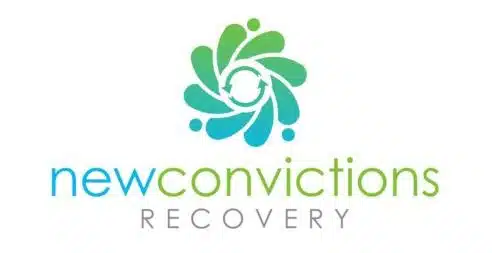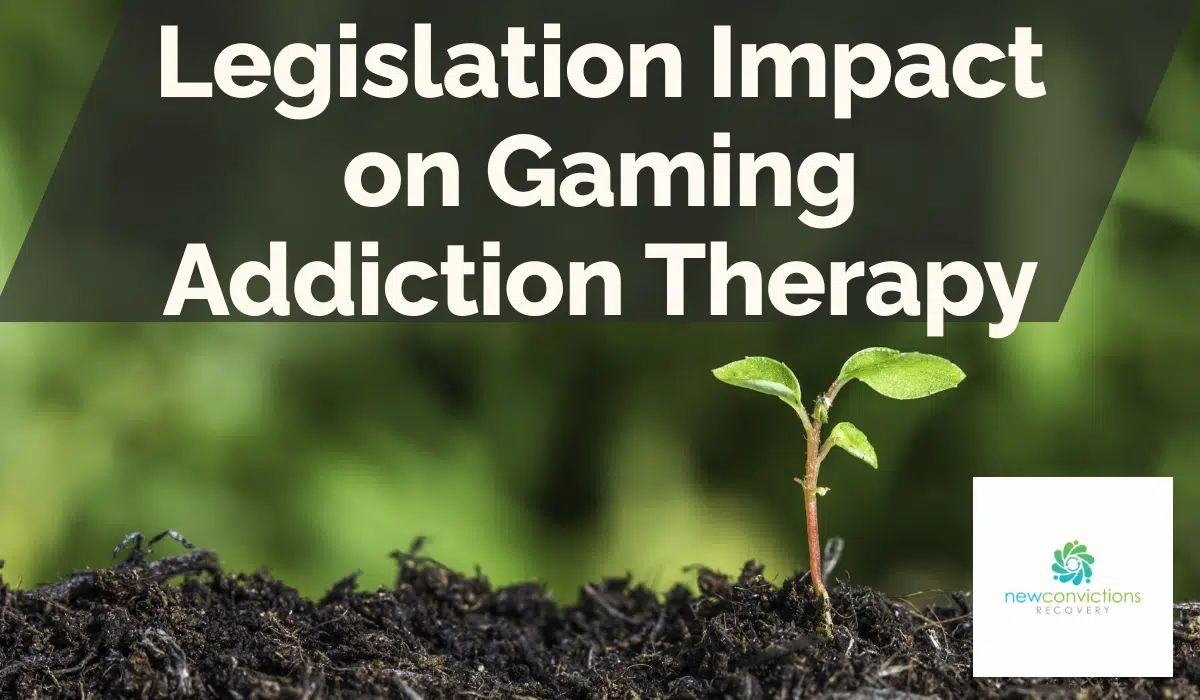Gaming addiction is a recognized condition that impacts millions across the globe. With the rising concern about its effects on mental health, various pieces of legislation have been enacted to regulate the sector and provide intervention measures. This article delves into how these laws and policies affect gaming addiction counseling, focusing on individual and family therapy.
Legislative Approach to Gaming Addiction
The increasing recognition of gaming addiction as a mental health issue has prompted various governing bodies globally to enact regulations to mitigate its effects. Some jurisdictions have gone as far as placing restrictions on gaming hours, punitive measures on companies that do not comply, along with other measures aimed at promotion of responsible gaming. Many of these legislations recognize the role of therapeutic interventions, such as counseling, in combating gaming addiction.
Impact on Individual Gaming Addiction Counseling
These laws have had a significant influence on individual counseling for those with gaming addiction. Firstly, they have led to an increased awareness about the condition, thereby reducing the stigma associated with seeking treatment. Secondly, they have also informed the practice of counselors and therapists in terms of interventions and treatment plans. Holistic therapies now focus more on developing healthier gaming habits, teaching coping mechanisms to deal with cravings and triggers, and helping individuals balance gaming with other aspects of life.
Effects on Family Therapy
Legislation has also yielded significant influence on family therapy in the context of gaming addiction. Recognizing the role of the family in the recovery process, these laws have mandated that counseling and support for the family also be part of the treatment process. This includes how to effectively support the affected person, understanding the condition, learning to set boundaries, and promoting supportive communication.
Legal Concerns in Therapy
Understanding legislation’s impacts is essential for therapists to provide legal and effective services. They must stay updated about changes and developments in laws pertaining to gaming addiction, maintaining privacy and confidentiality, and reporting responsibilities. Counselors also need to be cognizant about the rights of those seeking therapy, especially minors, whom these gaming laws often aim to protect.
Frequently Asked Questions (FAQs)
- How has legislation on gaming addiction influenced therapy practices?
- What role does family therapy play in the context of gaming addiction?
- What legal concerns should therapists consider in the context of gaming addiction counseling?
Conclusion
In conclusion, legislation on gaming addiction has significantly impacted therapy practices at both individual and family levels. While presenting new challenges, these legal developments also offer opportunities for therapists and counselors to provide effective, comprehensive support to those subjected to gaming addiction and their families. It is paramount for practitioners to stay informed of these changes and adapt their practices accordingly for maximum societal benefit.

